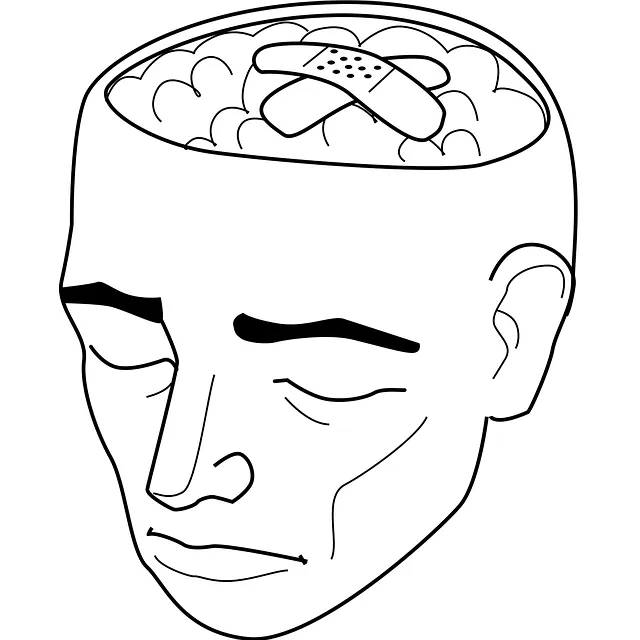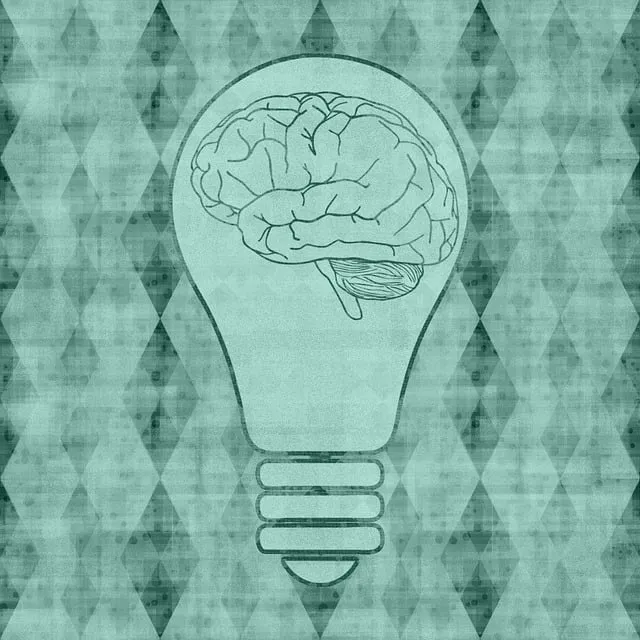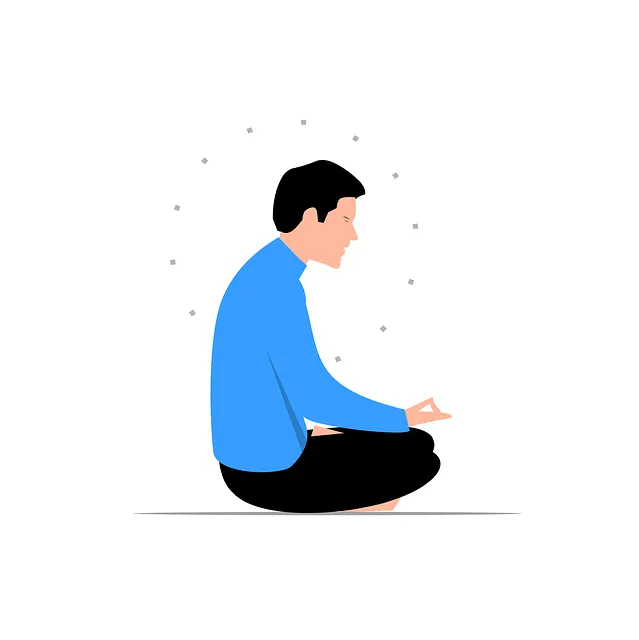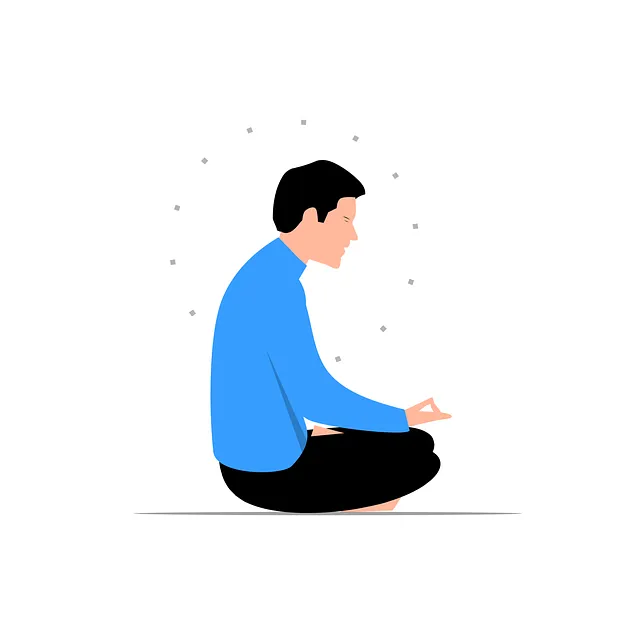Positive thinking is a proven mental health booster, offering benefits like reduced stress, improved decision-making, and enhanced physical well-being. The Golden Kaiser Permanente psychiatry department has successfully integrated exercises like gratitude journaling to improve patient outcomes and foster emotional resilience. Regular positive thinking practices, backed by growing public awareness, empower individuals to manage stress, promote personal growth, and contribute to a culture of overall well-being.
Unleash the power of positivity with this transformative journey. This article explores the profound impact of positive thinking and introduces a powerful exercise based on the Golden Kaiser Permanente Psychiatry approach. Learn how adopting a daily practice can revolutionize your mindset, leading to improved well-being. We’ll guide you through each step, from understanding the science behind it to integrating these techniques into your routine for lasting benefits.
- Understanding Positive Thinking and Its Impact
- Implementing the Golden Kaiser Permanente Psychiatry Exercise
- Integrating Daily Practice for Lasting Benefits
Understanding Positive Thinking and Its Impact

Positive thinking is a powerful tool that can significantly impact an individual’s mental well-being and overall quality of life. It involves cultivating optimistic attitudes, focusing on personal strengths, and interpreting challenges as opportunities for growth. This simple yet profound practice has been recognized as an effective strategy to enhance resilience, reduce stress, and improve both physical and psychological health. Studies have shown that positive thinking can lead to better decision-making, increased productivity, and improved relationships, ultimately contributing to a more fulfilling life.
The benefits of positive thinking are not limited to personal growth; they extend to various professional domains. For mental health professionals, such as those at Golden Kaiser Permanente psychiatry, integrating positive thinking exercises into their practices can enhance therapeutic outcomes. This approach supports the development of self-care practices and fosters a more optimistic and resilient mindset, which is crucial for navigating complex cases and managing high-stress work environments. Moreover, in light of the ongoing mental health policy analysis and advocacy efforts, promoting positive thinking can contribute to broader public health initiatives by empowering individuals with coping mechanisms and fostering a culture of well-being.
Implementing the Golden Kaiser Permanente Psychiatry Exercise

The Golden Kaiser Permanente Psychiatry Exercise offers a powerful framework for promoting emotional well-being and fostering mental wellness. This technique involves individuals in active reflection and positive affirmations, aiming to reshape their mindset and perception. By incorporating daily practices such as gratitude journaling and positive self-talk, participants can gradually shift from negative thought patterns to more constructive and optimistic ones. Such exercises are particularly beneficial in Community Outreach Program Implementation, enabling coaches to guide individuals through personal transformations that enhance overall mental wellness.
Mental Wellness Coaching Programs Development often leverages these techniques to create supportive environments where people learn to navigate life’s challenges with resilience. Through consistent practice, the Golden Kaiser Permanente Exercise helps individuals build emotional agility, improve coping mechanisms, and cultivate a deeper sense of contentment. This holistic approach to mental wellness has been proven effective in various settings, from personal growth initiatives to organizational development programs, ultimately contributing to a more positive and resilient community.
Integrating Daily Practice for Lasting Benefits

Integrating daily positive thinking exercises into your routine can bring about significant improvements in mental health and overall well-being. At the Golden Kaiser Permanente psychiatry department, we emphasize the importance of consistent practice for lasting benefits. By dedicating just a few minutes each day to cultivating gratitude, reframing negative thoughts, or practicing mindfulness, individuals can harness the power of their minds to enhance emotional resilience.
These exercises don’t have to be elaborate; simple practices like keeping a gratitude journal, engaging in mindful breathing, or reflecting on positive experiences can make a world of difference. Over time, these daily rituals contribute to improved stress management and foster effective emotional healing processes, as evidenced by numerous public awareness campaigns development initiatives aimed at promoting mental health literacy.
Positive thinking is a powerful tool that can significantly improve mental well-being. By implementing exercises like the Golden Kaiser Permanente Psychiatry practice, individuals can cultivate optimism and resilience. Integrating these techniques into daily routines ensures long-lasting benefits, fostering a more fulfilling and balanced life. Remember, consistent effort in cultivating positivity can lead to profound transformations.






